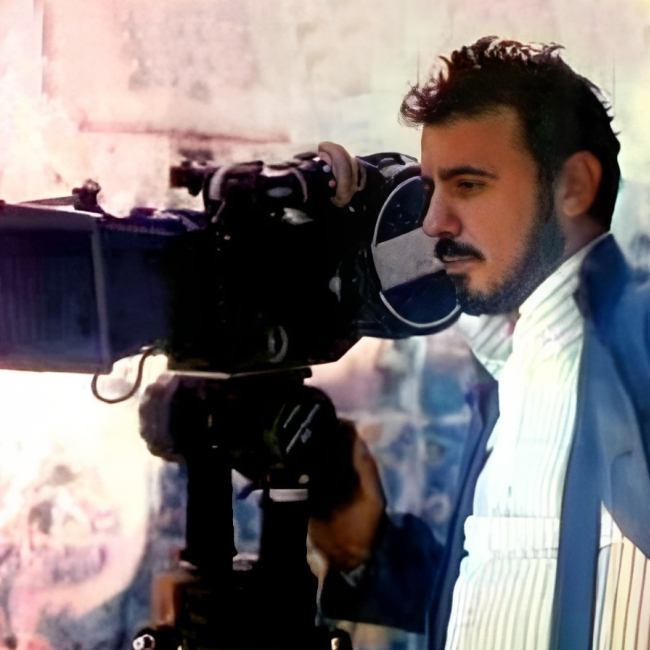

‛Alī Hātamī (August 14, 1944 – December 04, 1996) was an Iranian film director, screenwriter, producer and costume designer. He made his first feature film, Hasan Kachal (Hassan, the Bald), in 1970. His notable films include Tawqī (The Ring-necked Dove, 1970), Sūtah’dilān (Desiderium, 1978), and Mādar (Mother, 1990). Hatami had a passion for Persian history and classical literature, especially the prose, folklore, slang, and social relations of the Qajar era—that is, early modern Iran. His ability to depict historical movements and prominent political and societal figures stems from his deep passion for history, which is evident in films such as Sattar Khan (1972), Hajji Washington (1983), Kamalolmolk (Kamāl-al-mulk, 1984), and particularly his famous TV series Hezardastan (Hizārdastān, 1988). Hatami’s enduring impact on Iranian cinema attests to his pivotal role in shaping the Iranian cinematic landscape, notably for initiating a revival that breathed new life into the industry during the dynamic era of the 1970s. As a visionary director and writer, he sought to transform Iranian cinema by weaving stories inspired by folktales, beliefs, traditions and cultural practices. His innovative approach, visionary storytelling, and dedication to cinematic excellence not only transformed the artistic and literary expression within Iranian cinema but also left an indelible mark, influencing subsequent generations of filmmakers and shaping the trajectory of the country’s cinematic heritage. His films have inspired generations of Iranian filmmakers and his works resonate with universal themes and possess an enduring beauty.


